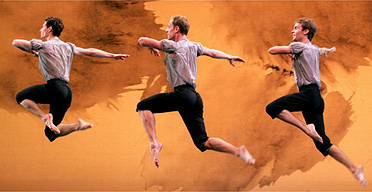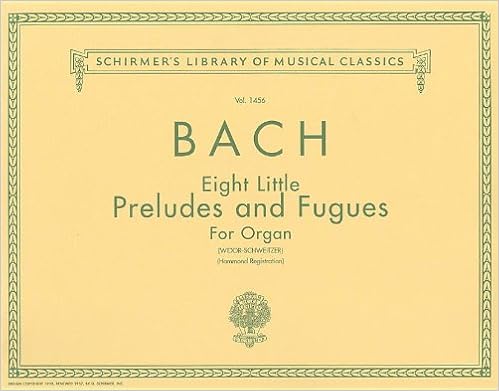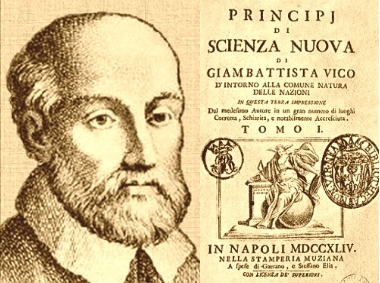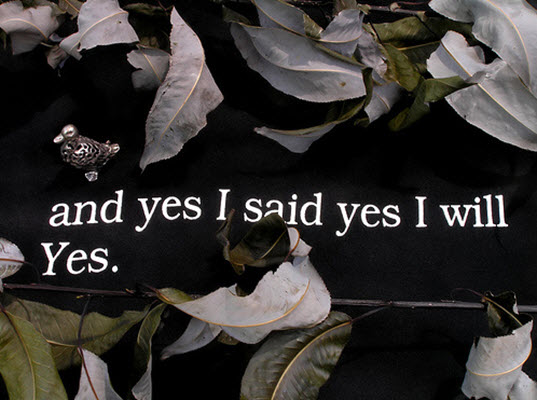
This morning I find myself oddly in the grips of an unreasonable optimism. This emotion usually reminds me of Mozart whose music I often understand as a a cry from the heart of the joy of life.

I went to bed feeling very isolated and solitary. I woke in a completely different place. I was planning on playing two sets of preludes and fugues for both prelude and postlude today at church. These are little pieces probably by Krebs but often attributed to Bach, the Eight Little Preludes and Fugues if you will.

Instead in the middle of the night I started to think of improvising a piano prelude, one that might draw listeners into my mood of joy.

We’ll see, of course. This mood was reinforced this morning as I read in and about James Joyce. I am determined to continuing dipping into his magnum opus, Finnegans Wake. The more I read in it and about it, the more I understand it as a cry of joy and optimism in the face of despair.

Joyce draws on the human wisdom of cycles of life. He apparently was influenced by Giambattista Vico and his ideas of humans moving through phases: theocratic, aristocratic, democratic and chaotic. And then out of chaos, theocratic reemerges.

Joyce and Vico seem to think that a “thunderclap” brings about a renewed look to spirituality via a theocratic age. I wonder if the mad technology of our time is our thunderclap?
“bababadalgharaghtakamminarronnkonnbronntonnerronntuonnthunntrovarrhounawnskawntoohoohoordenenthurnuk!”
― James Joyce, Finnegans Wake
But Vico’s is not the only four fold pattern. There’s also the Greek mythological eras: Gold, Silver, Bronze, Iron. And the Hindu yugas cycle.

These four fold ideas (like the four seasons) imply a return that is essential to Joyce’s entire opus. If you think of the end of Ulysses, the dream of Molly Bloom which ends in a wonderful song of YES YES YES, you get some idea of my recurring yes in the face of despair and gloom. Fuck the duck and pass me the song to sing.
